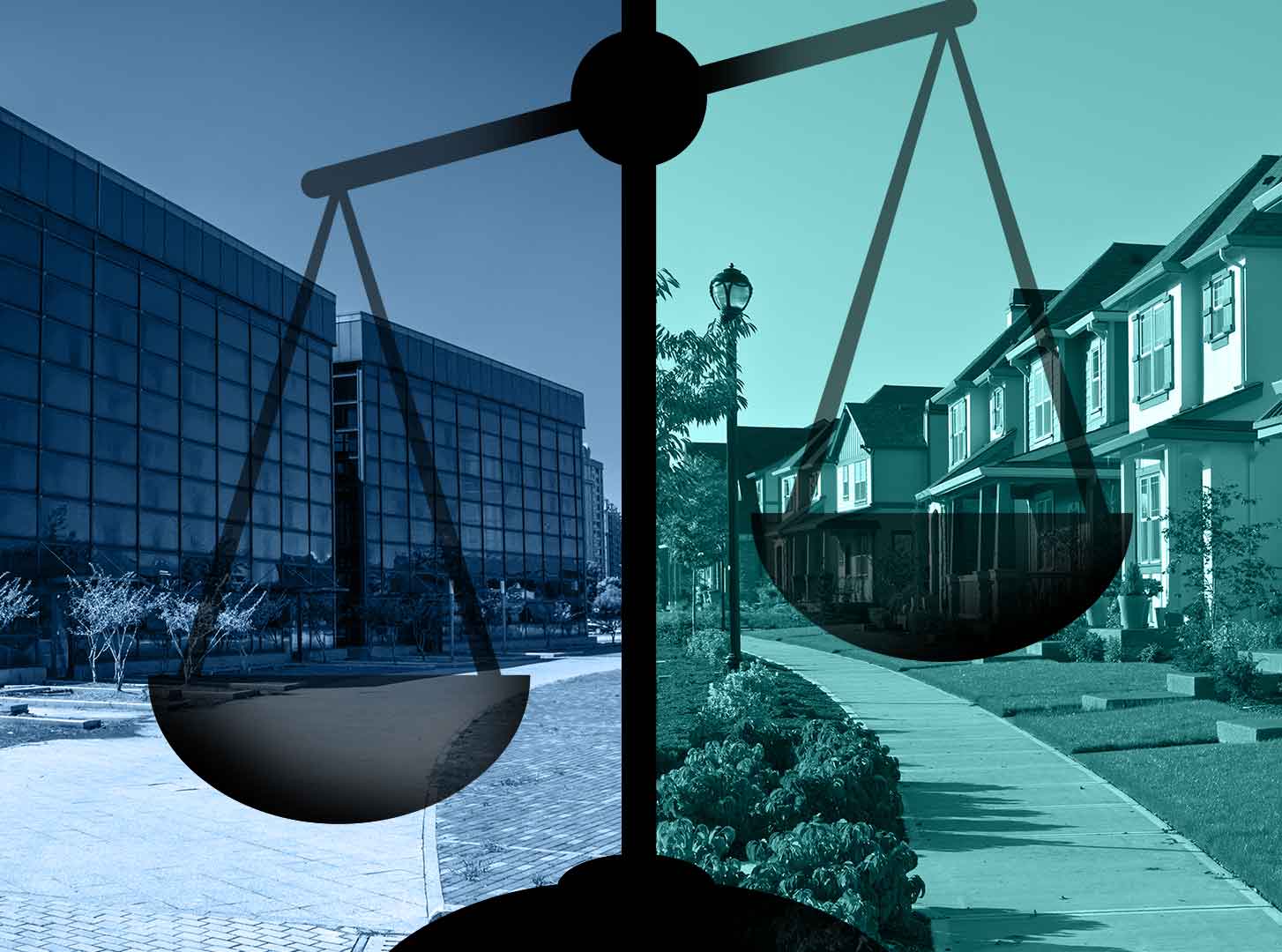As you may have heard, there has been some recent turbulence in the online real estate investment marketplace. PeerStreet filed bankruptcy on June 26, 2023 and in a separate and unrelated circumstance, investments made into a particular project on Crowdstreet are alleged to have been misappropriated by a sponsor on their platform. While each of these situations is different and likely culminated in a series of unfortunate events, we wanted to take a moment and highlight some of the differences in our platform so you can continue to make informed investment decisions. For a complete description of our platform, including the risks of investing on our platform, you should carefully review all of our investment documents, including the Private Placement Memorandum (you will need to log in).
Direct Origination and Servicing
We currently underwrite, originate, and service 100% of the loans offered to investors on our platform. We believe this has several advantages for participants of our platform.
- We have robust distribution channels that include direct marketing complemented by inside and outside sales teams. This gives us control over our ability to generate new lending opportunities without the need to rely on third parties to bring us deal flow.
- Our underwriting team vets each project and sponsor on a number of variables including the viability of the project and prior experience, credit, background, and liquidity of the borrower. This hands-on approach ensures we are offering investment opportunities we believe have the highest probability of providing an appropriate risk-adjusted return for investors on our platform.
- Our in-house closing and legal teams work directly with title companies, closing attorneys, property-casualty insurance agents, appraisers, and other qualified vendors to ensure, to the best of our abilities, that each mortgage we originate is properly secured with a perfected first-lien position. We only fund loans after our first-position mortgage is recorded or protected through the title company (often referred to as a Closing Protection Letter).
- After a loan is closed, our servicing and construction risk management teams continue to engage with the borrower, endeavoring to ensure interest payments are made on time and additional construction funds are being disbursed appropriately as value is added to the underlying real estate.
- As needed, our in-house asset management team is resourced and ready to enforce our rights under the loan documents to minimize time to liquidity while pursuing maximum recovery for our investors.
Our vertically-aligned business model allows us to earn origination fees charged to the borrower as well as interest rate spread throughout the life of the loan. This interest rate spread is only earned to the extent the underlying loan is performing, which we believe aligns our interests with the interests of our investors to originate loans we believe will perform.
Contrasting this to PeerStreet’s model, we understand they essentially outsourced steps 1 through 3 above to brokers or third-party originators, which in our view means they had less control over the quantity and quality of the projects, sponsors, and process to properly perfect first position. As a function of this model, we understand PeerStreet also did not always earn origination fees, which in our view makes it challenging to create a business model that produces positive unit economics.
In the Crowdstreet example, based solely on media reports, it seems as if funds were released to the sponsor of the real estate project prior to the real estate being transferred. We believe we mitigate this from happening in that we fund into a title/escrow company after we confirm transfer of title and full execution of all the loan documents that perfect our position as first-lien holders. In the unlikely event our mortgage isn’t properly recorded or title doesn’t transfer, we mitigate our risk by obtaining a title insurance policy that we verify with the underwriter prior to funding.
In summary, we have intentionally designed our business to be direct originators of investment opportunities, as we believe it gives us the highest probability to control the quantity and quality of projects while also capturing additional revenue through fees charged to the borrowers.
Segregating Real Estate Risk from Platform Risk
One of the biggest advantages of online real estate investing is the ability to offer lower investment minimums to provide access and diversification to investors. With this benefit comes one of the biggest challenges for our industry, which is efficiently and effectively securing the investors’ interest in the underlying mortgage. We have gone to great lengths to create a legal framework that we believe accomplishes this goal to the highest degree possible while also being efficient.
In an ideal world, we would fractionalize each mortgage and name each investor as pro rata owner of the mortgage. Doing this would be administratively burdensome to the extent it would erode a considerable amount of investor returns in order to cover the costs associated with doing this.
As an alternative, we offer an investment product called Borrower Dependent Notes (BDNs), which are more efficiently issued than fractionalizing each mortgage. As the name suggests, the performance of each of the BDNs is dependent upon the performance of a specific underlying mortgage. They’re structured such that if the underlying mortgage performs (or doesn’t), so will that BDN.
As reflected in our investment documents, these BDNs are issued by FTF Lending, LLC, a wholly-owned subsidiary of Fund That Flip, Inc., which, among other things, owns and operates the platform. FTF Lending is also the entity that holds the first-lien mortgages we originate. To provide additional security to investors in this framework, we have entered into an Indenture agreement with Delaware Trust Company, a leading provider of corporate trust and agency services (the Trustee). As part of this Indenture agreement, we grant a secured interest in each of the underlying mortgages to the Trustee. In the event of default under the indenture (which includes bankruptcy of Fund That Flip, Inc.) the Trustee would step in on behalf of the holders of each BDN as the secured party of the underlying mortgage assets. The security interest of the Trustee for the benefit of the BDN holders is perfected by the filing of a UCC-1 financing statement.
Contrasting this to PeerStreet, based on our understanding of their legal structure as made available through the bankruptcy motions and a review of their investment documents, it would seem they had no such arrangement with a third-party indenture trustee. It is unclear as of the writing of this how the courts will handle this unique and complicated scenario.
We believe we have taken appropriate measures to mitigate risks that creditors of Fund That Flip, Inc. would have claims to the mortgages underlying our BDNs, should we ever find ourselves in a similarly unfortunate circumstance.
Summary
It pains me to be writing this post as there is a lot of loss associated with these events, both for investors on the platforms and for the founders/employees who pioneered in an industry that I continue to believe brings tremendous value to the market. To each of you who may be impacted as a result of these events, know that our best wishes go out to you and we’ll be rooting for as positive an outcome as possible.
Whether you’re a founder/employee investing your time and energy into building something new and valuable or a passive investor interested in the benefits of real estate investing, there are undoubtedly risks. One of our main priorities since starting this business is ensuring the risks are mitigated appropriately based on expected returns. We believe we’ve established appropriate frameworks to accomplish this goal and will continue to optimize our products accordingly.
Thank you for your continued support and trust in our Platform.
Matt Rodak & the Upright Team




